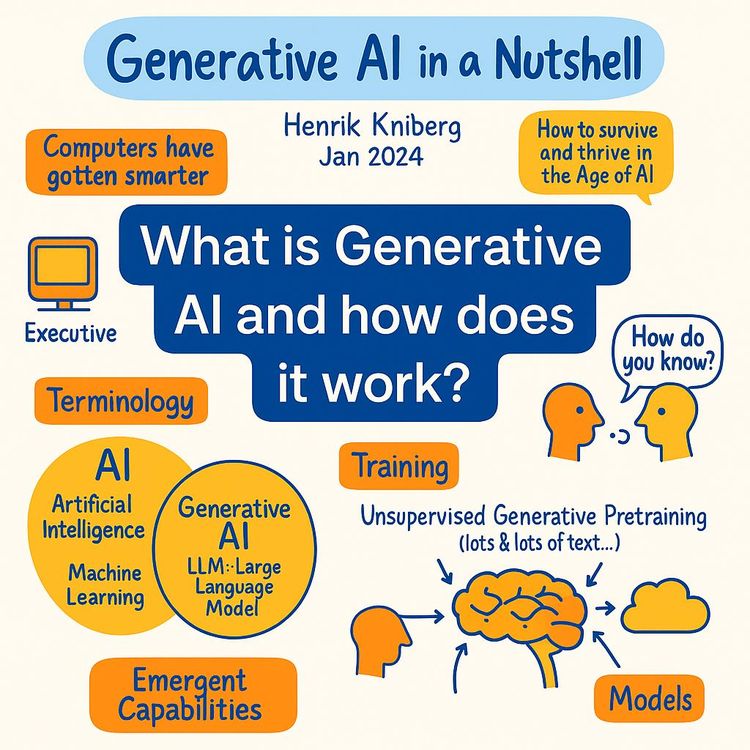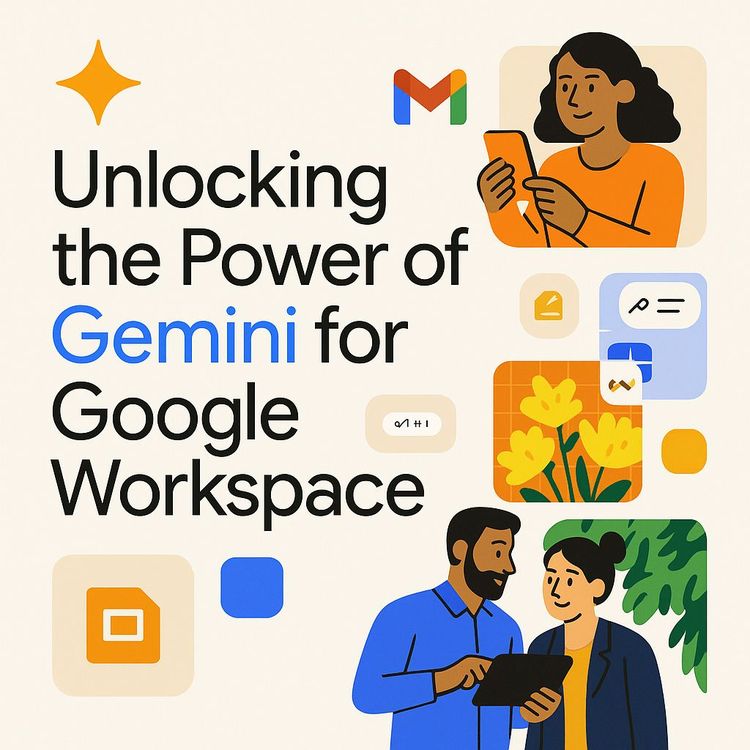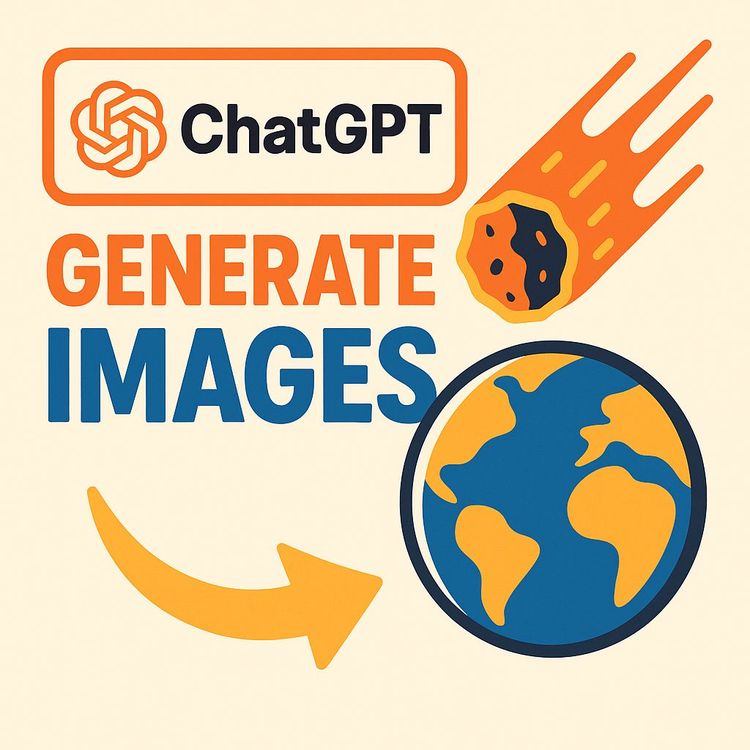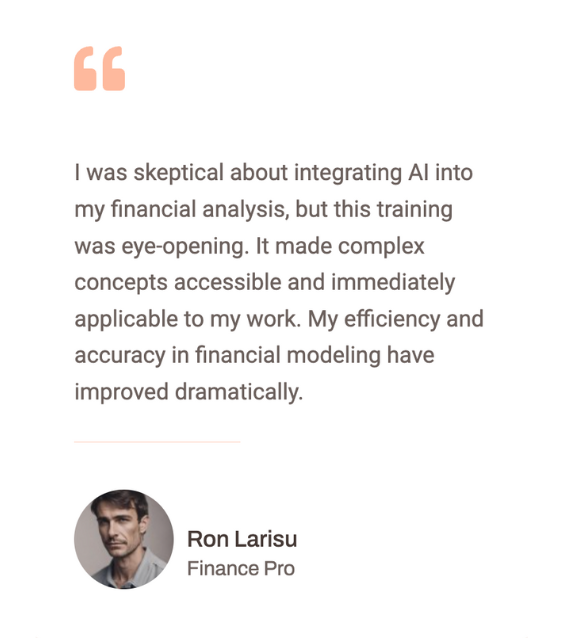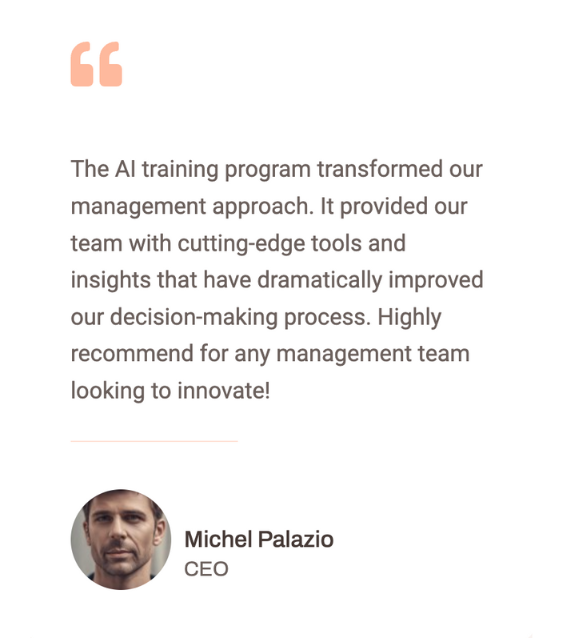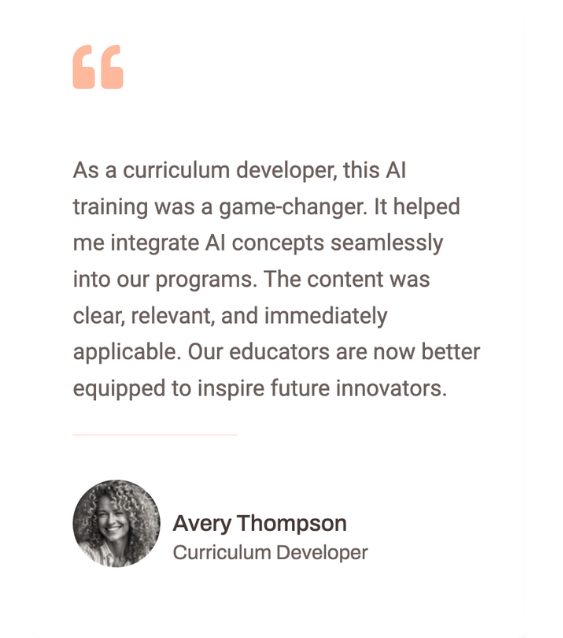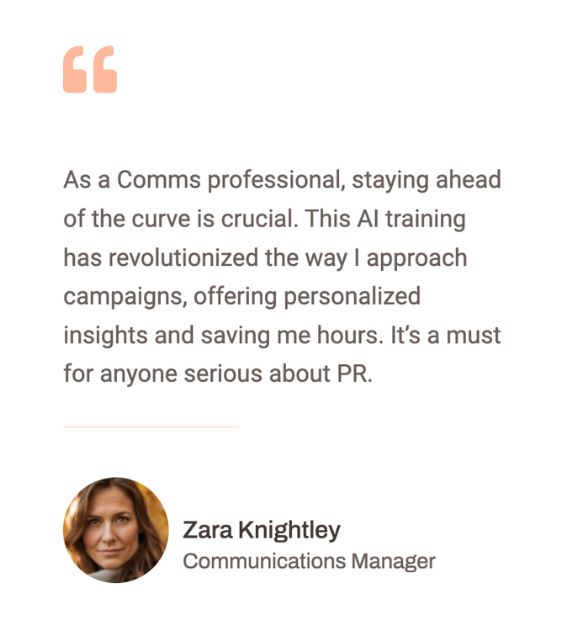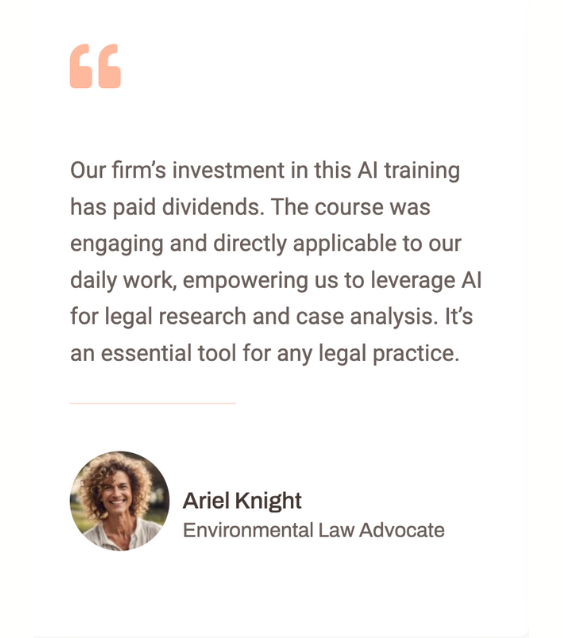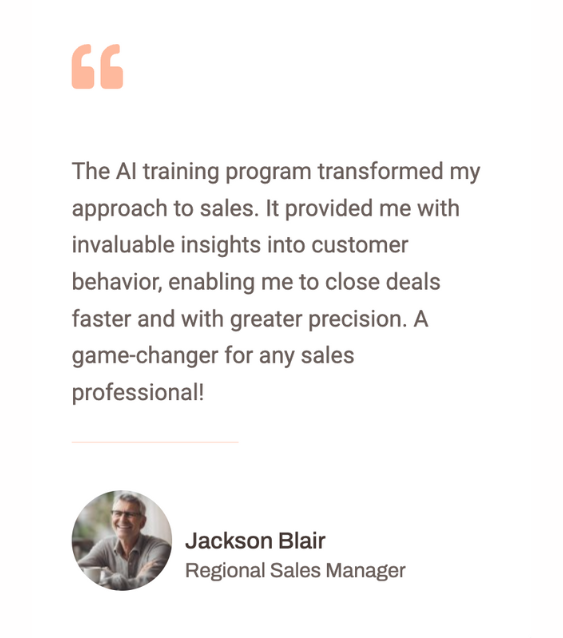Video Course: ChatGPT for Accountants - with Use Cases
Discover how ChatGPT can enhance your accounting practice by boosting efficiency and productivity. Learn to apply AI for data extraction, financial analysis, and more, while maintaining a focus on responsible usage and human oversight.
Related Certification: Certification: ChatGPT Skills for Accountants with Practical Use Cases
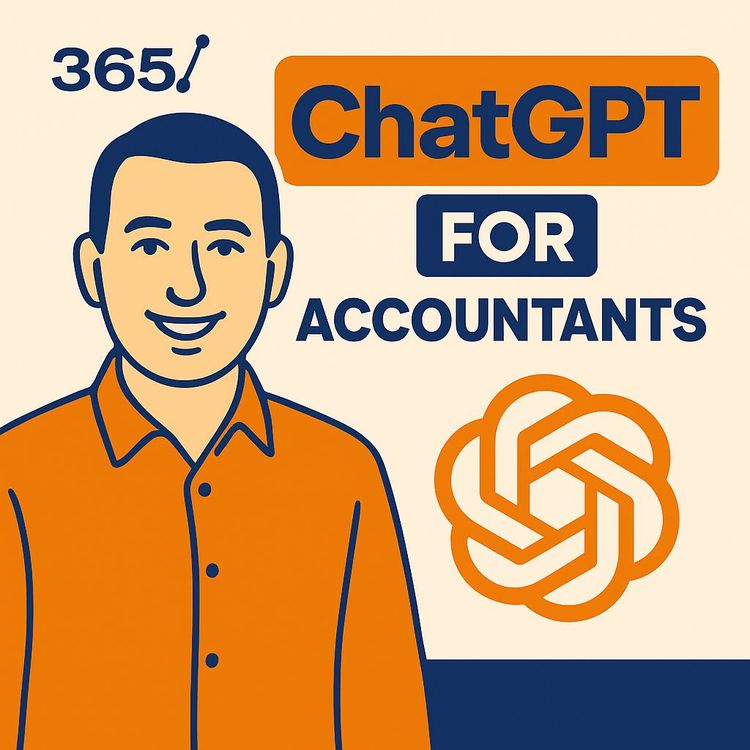
Also includes Access to All:
What You Will Learn
- Automate extraction of invoice and bank statement data into CSV/Excel
- Analyze financials and calculate key ratios to uncover trends
- Create, explain, and modify complex Excel formulas
- Draft clear, professional client and internal accounting emails
- Use ChatGPT responsibly by anonymizing data and verifying outputs
Study Guide
Introduction
Welcome to the comprehensive video course: ChatGPT for Accountants - with Use Cases. This course is designed to guide accountants through the transformative potential of ChatGPT, a cutting-edge AI tool that promises to revolutionize the accounting profession. Rather than replacing accountants, ChatGPT enhances efficiency, allowing professionals to focus on strategic tasks. Through this course, you'll learn how to leverage ChatGPT across various accounting functions, ensuring you stay ahead in the evolving landscape of financial management.
Understanding ChatGPT's Role in Accounting
The initial fear surrounding AI, especially after the unveiling of GPT-4's tax return preparation capabilities, was that it might replace human accountants. However, this course emphasizes that ChatGPT is here to transform, not replace. By enhancing efficiency in the accounting industry, ChatGPT acts as a supportive technology, empowering accountants rather than posing a threat. This section will delve into how AI can be integrated into accounting practices, focusing on its supportive role.
The Data Extractor
Manual data entry from documents like invoices and bank statements is time-consuming and prone to errors. ChatGPT can automate this process by extracting specific information efficiently. For example, you can prompt ChatGPT to extract details like Invoice Number, Vendor, Date, Due Date, and Total Amount Due from uploaded documents. It's crucial to provide clear context and instructions to achieve accurate results.
For instance, you might instruct: "You’re an AI assistant trained to extract specific data from invoices." ChatGPT can then output this data in formats suitable for further analysis, such as Excel or CSV files. Imagine processing hundreds of invoices; the time saved and accuracy improved becomes significant.
This application extends to bank statements, where ChatGPT can extract and organize details like date, description, withdrawals, deposits, and balance into tables. This automation significantly reduces manual data entry errors and increases efficiency.
The Financial Advisor
ChatGPT's role as a financial advisor is multifaceted. It can analyze historical financial data to identify trends and patterns, highlighting significant changes in revenue, expenses, and other key financial metrics. This capability is invaluable for accountants seeking to gain deeper insights into a company's financial health.
For example, ChatGPT can calculate essential financial ratios such as liquidity, profitability, and solvency ratios. These ratios are crucial for evaluating a company's financial standing and making informed decisions.
Additionally, ChatGPT assists in efficiently recording journal entries. For instance, it can draft entries for accruing doubtful accounts or writing off uncollectible accounts receivable. Accountants can use ChatGPT to create a first draft of journal entries, which they then review to ensure alignment with accounting principles. If the draft aligns with their understanding, they can proceed to record the entries, saving time and ensuring accuracy.
The Excel Specialist
Excel is a powerful tool in accounting, but understanding complex formulas can be challenging. ChatGPT can dissect each component of a formula, explain them thoroughly, and demonstrate their application with examples. For instance, when a complex formula is submitted, ChatGPT can break it down, making it easier to understand and apply.
ChatGPT also helps modify existing formulas to meet new requirements. If you need to expand a revenue calculation from one region to two, ChatGPT can guide you through the necessary modifications.
Furthermore, ChatGPT can assist in creating new formulas by guiding users through a step-by-step process, provided there's sufficient context about the underlying data. Understanding the data structure in formulas and scripts is crucial for successful implementation.
The Email Copywriter
Effective communication is vital in accounting, and ChatGPT can aid in crafting professional and effective emails. Whether responding to client inquiries, explaining complex financial concepts, or coordinating with team members, ChatGPT can assist.
For example, if you're drafting a response to a client inquiry, you can provide ChatGPT with context and specify the desired tone. It can then generate a draft that is clear, concise, and professional.
It's essential to provide as much context as possible, including details about the tone you want to convey, and be specific in prompts. Always proofread AI-generated content to ensure accuracy and appropriateness. For instance, ChatGPT can revise a frustrated email into a friendly, concise, and professional tone, improving communication and maintaining professionalism.
Responsible Use of ChatGPT in Accounting
While ChatGPT is a powerful tool, responsible usage is crucial. First, caution is necessary when dealing with sensitive information. Avoid inputting confidential data, as AI does not distinguish between confidential and public information. Always anonymize and de-identify data to maintain privacy and security.
For example, Samsung banned employee use after source code was uploaded, highlighting the importance of data security.
Second, human oversight and verification are essential. Users should not depend entirely on AI output, as AI is not infallible. Accountants remain responsible for the accuracy of their work. Reviewing and verifying all outputs is crucial because if an error occurs, AI will not be held accountable—you will.
Conclusion
Through this course, you've learned how ChatGPT can significantly enhance efficiency and productivity within the accounting profession. By focusing on practical use cases such as data extraction, financial analysis, Excel assistance, and email drafting, ChatGPT demonstrates its immediate applicability. However, responsible usage is paramount, particularly regarding data privacy and the necessity of human oversight to ensure accuracy and maintain professional accountability. As you integrate AI into your accounting practices, remember that ChatGPT is a supportive technology designed to empower, not replace, accountants. Embrace this tool to focus on higher-level strategic thinking and tasks that require human expertise and judgment.
Podcast
There'll soon be a podcast available for this course.
Frequently Asked Questions
Introduction
Welcome to the FAQ section for the 'Video Course: ChatGPT for Accountants - with Use Cases.' This resource is designed to provide you with detailed answers to common questions about using ChatGPT in the accounting profession. Whether you're a beginner or an experienced accountant, these FAQs will help you understand how to leverage ChatGPT to enhance your efficiency and productivity.
What is the primary role of ChatGPT in the accounting profession according to this source?
ChatGPT is a tool, not a replacement. It enhances efficiency by automating routine tasks, allowing accountants to focus on strategic activities. This transformation leads to increased productivity and more time for value-added work.
What are the four key use cases of ChatGPT in accounting highlighted in the video?
The video highlights four main applications of ChatGPT for accountants:
The Data Extractor: Automating information extraction from documents like invoices.
The Financial Advisor: Assisting with financial analysis and journal entries.
The Excel Specialist: Explaining and creating complex formulas.
The Email Copywriter: Drafting professional emails for various needs.
How can ChatGPT act as a "Data Extractor" for accountants?
Streamline data extraction. ChatGPT can extract specific data points from documents like invoices and bank statements, organizing information such as invoice numbers and transaction details. This saves time and reduces manual errors.
In what ways can ChatGPT function as a "Financial Advisor" for accounting professionals?
Analyze and advise. ChatGPT can analyze historical financial data, identify trends, calculate financial ratios, and assist with journal entries. This helps accountants make informed decisions based on deeper insights into financial health.
How does ChatGPT assist as an "Excel Specialist" for accountants who work with spreadsheets?
Simplify Excel tasks. ChatGPT explains complex formulas, assists in modifying existing ones, and guides the creation of new formulas tailored to specific data needs, enhancing efficiency in spreadsheet management.
How can accountants leverage ChatGPT as an "Email Copywriter" to improve their communication?
Enhance communication. ChatGPT helps draft professional emails by providing context and specifying tone, ensuring clarity and effectiveness. It can also revise emails to maintain professionalism, even in challenging situations.
What crucial precautions should accountants take when using ChatGPT and other generative AI tools?
Handle with care. Avoid inputting sensitive information into ChatGPT. Anonymize data to prevent privacy breaches. Always verify AI-generated outputs for accuracy, as the responsibility for correctness lies with the accountant.
What is the overarching message about the integration of ChatGPT into the accounting profession presented in this source?
Enhance, don't replace. ChatGPT is a valuable tool for enhancing efficiency and productivity. By automating routine tasks and assisting with analysis and communication, it allows accountants to focus on strategic thinking and expert judgment.
What was the initial reaction of some accountants to GPT-4's ability to prepare a tax return?
Some accountants experienced anxiety, fearing AI might replace their tasks. However, ChatGPT is designed to augment their capabilities, not replace them, by handling repetitive tasks and freeing up time for more complex work.
Why is it important to "always verify the results" when using ChatGPT for accounting tasks?
AI is not infallible. Despite its capabilities, ChatGPT can make mistakes. Accountants must verify results to ensure accuracy, as they remain responsible for the correctness of their work.
What is the first key guideline regarding what to avoid when using ChatGPT in accounting?
Protect sensitive data. Avoid inputting confidential information into ChatGPT, as it does not distinguish between private and public data. This caution is necessary to prevent privacy breaches.
Explain the second key guideline for the responsible use of ChatGPT in accounting concerning reliance on its output.
Do not over-rely. While ChatGPT is a powerful tool, accountants must not depend entirely on its output. They are ultimately responsible for the accuracy of their work and must review and verify AI-generated content.
In the context of email writing, describe a scenario where an accountant might find ChatGPT particularly useful for revising a drafted message.
ChatGPT can be invaluable when revising an email drafted in frustration. It can transform a potentially unprofessional message into one that is friendly, concise, and maintains a professional tone.
Discuss the potential benefits and limitations of using ChatGPT as a "Data Extractor" in a typical accounting practice.
Efficiency vs. accuracy. While ChatGPT can efficiently process documents like invoices, its accuracy depends on clear instructions and context. Limitations include potential errors and the need for human oversight to ensure data integrity.
Critically evaluate the role of ChatGPT as a "Financial Advisor" for accountants.
AI assists, humans decide. ChatGPT can assist with financial analysis and decision-making by identifying trends and calculating ratios. However, human expertise remains essential for interpreting results and making informed decisions.
Explore how ChatGPT can transform an accountant's interaction with Microsoft Excel.
Excel made easy. ChatGPT can explain formulas, modify them, and guide the creation of new ones. Challenges include ensuring the AI's suggestions align with specific data needs and verifying the accuracy of complex calculations.
Analyse the impact of ChatGPT on professional communication in accounting, specifically in its role as an "Email Copywriter."
Professional emails made simple. ChatGPT drafts emails, ensuring clarity and professionalism. Accountants must provide context and review drafts to ensure effective communication and maintain a human touch.
Considering the guidelines for responsible use, discuss the ethical and practical implications of integrating AI tools like ChatGPT into accounting workflows.
Balance innovation with caution. AI integration requires policies to mitigate risks and ensure data security. Accounting firms should implement procedures for verifying AI outputs and protecting sensitive information to maintain ethical standards.
What are some common misconceptions about using ChatGPT in accounting?
Not a replacement. A common misconception is that ChatGPT will replace accountants. In reality, it is a tool to enhance efficiency by automating routine tasks, allowing accountants to focus on strategic activities.
What are potential challenges or obstacles when implementing ChatGPT in accounting practices?
Integration and training. Challenges include integrating ChatGPT with existing systems and ensuring accountants are trained to use it effectively. Overcoming initial resistance and verifying AI outputs are also critical for successful implementation.
How can accountants practically apply ChatGPT in their daily tasks?
Daily efficiency boost. Accountants can use ChatGPT for data extraction, financial analysis, Excel formula assistance, and email drafting. By automating these tasks, they can focus on higher-level decision-making and client interactions.
What are some misconceptions about using ChatGPT as an "Excel Specialist"?
Not a magic solution. While ChatGPT can assist with formulas, it requires clear instructions and context. Accountants must understand the underlying data and verify AI-generated formulas to ensure accuracy and relevance.
How can accountants ensure data security when using ChatGPT?
Protect sensitive information. Avoid inputting confidential data into ChatGPT. Anonymize and de-identify data to prevent privacy breaches. Implement firm-wide policies to safeguard information while using AI tools.
Can you provide real-world examples of ChatGPT's use cases in accounting?
Real-world applications. An accountant can use ChatGPT to extract data from hundreds of invoices, saving hours of manual work. Another example is drafting a complex financial analysis email, where ChatGPT helps ensure clarity and professionalism.
What are the limitations of ChatGPT in accounting tasks?
AI has limits. While ChatGPT can handle routine tasks, it may struggle with context-specific scenarios or complex decision-making. Accountants must verify AI outputs and remain responsible for final decisions and interpretations.
How might ChatGPT influence the future of accounting?
Transformative potential. ChatGPT can reshape accounting by automating repetitive tasks and enhancing analytical capabilities. This allows accountants to focus on strategic roles, potentially leading to more innovative and efficient practices.
Certification
About the Certification
Show the world you have AI skills—earn certification in ChatGPT for Accountants. Gain practical insights and tools to streamline accounting tasks, boost efficiency, and confidently apply AI solutions to real-world scenarios.
Official Certification
Upon successful completion of the "Certification: ChatGPT Skills for Accountants with Practical Use Cases", you will receive a verifiable digital certificate. This certificate demonstrates your expertise in the subject matter covered in this course.
Benefits of Certification
- Enhance your professional credibility and stand out in the job market.
- Validate your skills and knowledge in cutting-edge AI technologies.
- Unlock new career opportunities in the rapidly growing AI field.
- Share your achievement on your resume, LinkedIn, and other professional platforms.
How to complete your certification successfully?
To earn your certification, you’ll need to complete all video lessons, study the guide carefully, and review the FAQ. After that, you’ll be prepared to pass the certification requirements.
Join 20,000+ Professionals, Using AI to transform their Careers
Join professionals who didn’t just adapt, they thrived. You can too, with AI training designed for your job.

